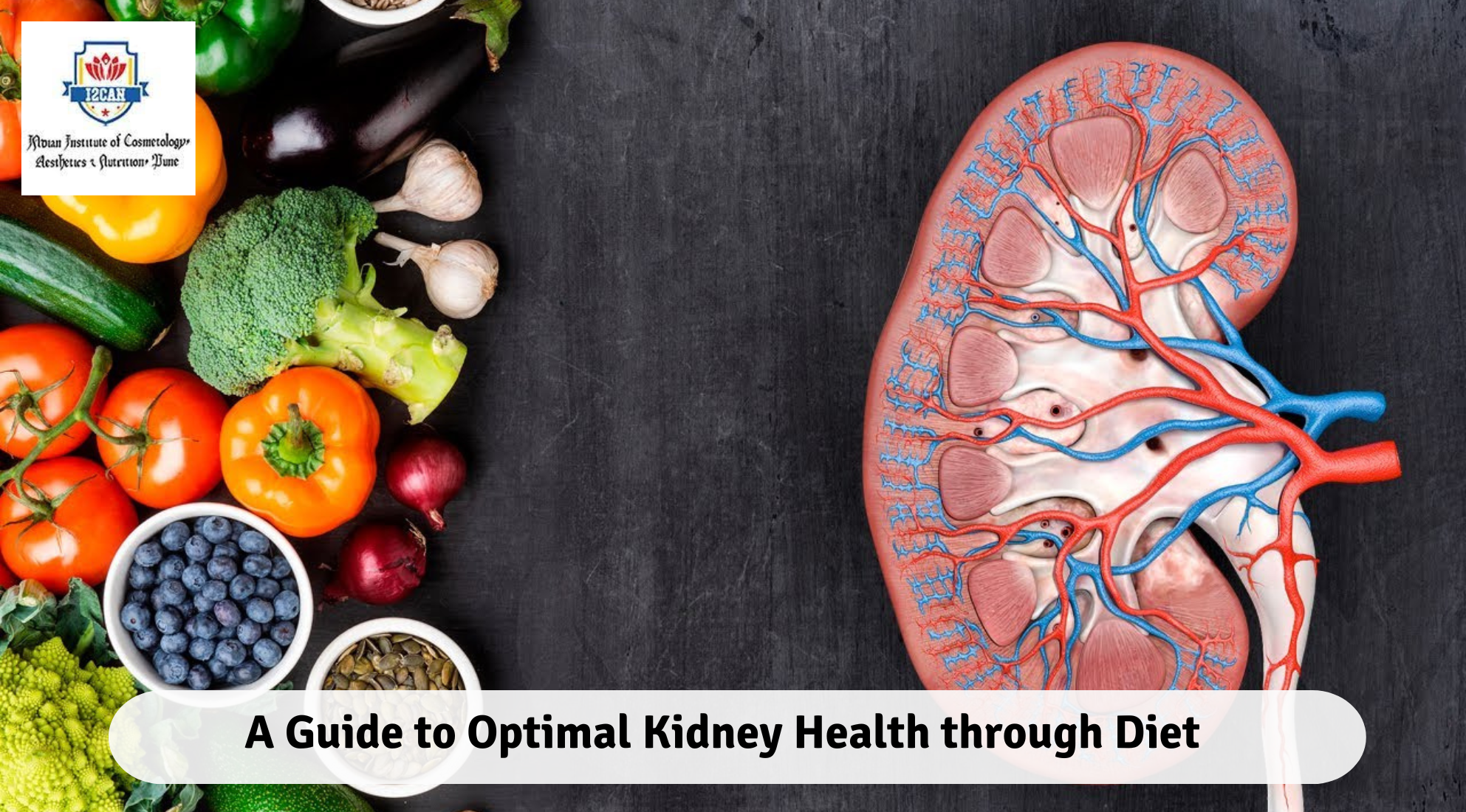The importance of kidney health cannot be overstated, and adopting a kidney-friendly diet plays a pivotal role in maintaining these vital organs. Here, we present a comprehensive guide to help you make informed dietary choices to promote kidney health.
1. Stay Hydrated: The Elixir of Kidney Well-being
Proper hydration is the cornerstone of kidney health. Water serves as a natural flush, ridding the body of toxins and waste products. The recommended water intake varies based on factors such as age, weight, and climate. Ensure you sip on water throughout the day, allowing your kidneys to function optimally.
2. Embrace a Balanced Diet: A Symphony of Nutrients
A well-rounded, nutrient-rich diet is key to supporting kidney function. Include a colorful array of fruits, vegetables, whole grains, lean proteins, and healthy fats. This ensures you receive essential vitamins and minerals while helping to maintain a healthy weight – a crucial factor in kidney health.
3. Limit Sodium Intake: Taming the Salt Dragon
Excessive sodium can elevate blood pressure, a significant risk factor for kidney disease. To combat this, limit your consumption of processed foods, canned soups, and restaurant-prepared meals, as they often hide high levels of sodium. Opt for fresh, whole foods seasoned with herbs and spices for flavor.
4. Control Protein Intake: Finding the Goldilocks Zone
While protein is an essential component of a healthy diet, excessive intake can strain the kidneys. Those with kidney disease or at risk should consult healthcare professionals or dietitians to determine the ideal amount of protein for their specific needs.
5. Monitor Phosphorus and Potassium: Balancing Act
Individuals with kidney disease may need to watch their phosphorus and potassium intake. Foods rich in phosphorus, such as dairy products and nuts, and high-potassium foods like bananas and oranges, may need moderation. Seek guidance from healthcare providers or dietitians for personalized advice.
6. Limit Added Sugars and Refined Carbs: Sweet Success in Kidney Health
Diets high in added sugars and refined carbohydrates contribute to obesity and diabetes, both risk factors for kidney disease. Opt for whole, unprocessed foods and curb your intake of sugary beverages and sweets. Your kidneys will thank you for the reduced workload.
In conclusion, adopting a kidney-friendly diet is a proactive step toward maintaining optimal kidney health. By staying hydrated, embracing a balanced diet, and being mindful of sodium, protein, phosphorus, potassium, sugars, and refined carbs, you can nourish your kidneys and promote overall well-being. Remember, small changes in your diet can lead to significant improvements in your kidney health over time.


